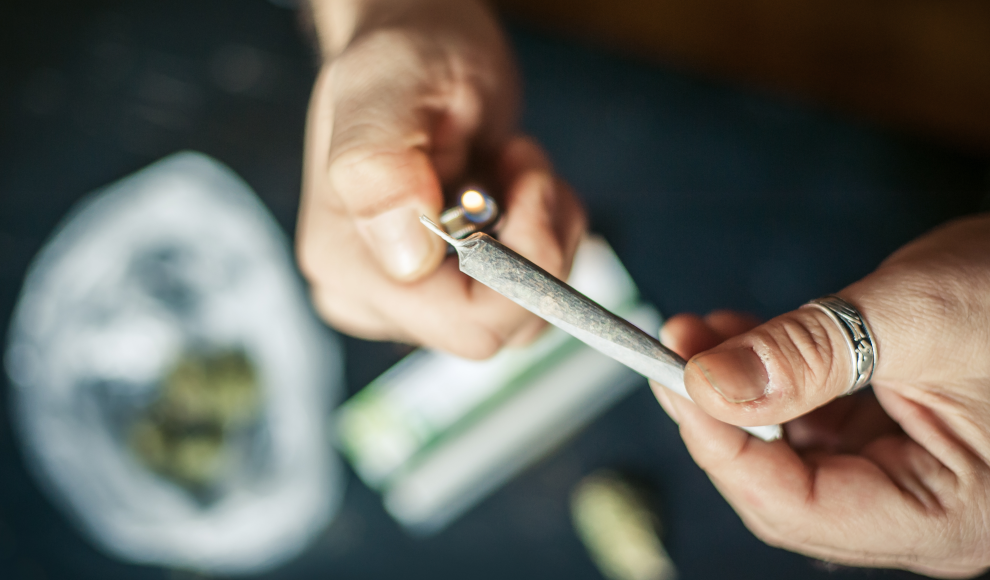The legalization of cannabis in the United States has led to a significant increase in suicidal attempts involving the drug, according to a study by the Washington State University (WSU). The study, published in the JAMA Network Open journal, found that suicidal cannabis consumption cases have increased by an average of 17% annually over the past 12 years. While the study did not establish a direct causal link between cannabis use and suicide attempts, it did highlight the need for concern, particularly among women and children, where the increase was more pronounced during and after the pandemic.
The study also revealed that most of the suicide attempts involving cannabis also involved other substances, making it difficult to establish a direct link between cannabis use and suicide attempts. However, the study’s lead author, Tracy Klein, emphasized that the evidence is clear that cannabis use has significant effects on mental health, particularly among young people. While cannabis alone may not be the main trigger for suicide attempts, it can exacerbate certain mental illnesses and increase impulsivity.
The study found that between 2009 and 2021, US poison control centers reported 18,698 cases of intentional cannabis consumption with suspected suicide attempts. Of these cases, 9.6% resulted in death or permanent impairment. The majority of suicide attempts involving cannabis were made by teenagers and young adults, while older people were less likely to use cannabis as a suicide method. However, 19.4% of cases in this age group resulted in fatal or permanent health damage.
The study underscores the need for increased access to mental health services in the United States, where there is a significant shortage of providers. It also highlights the importance of restricting access to cannabis among children and adolescents and educating parents and children about the risks associated with cannabis use. While accidental cannabis poisoning has increased since the legalization of cannabis in many states, intentional poisoning cases have been less studied, making this study an important contribution to the field.










